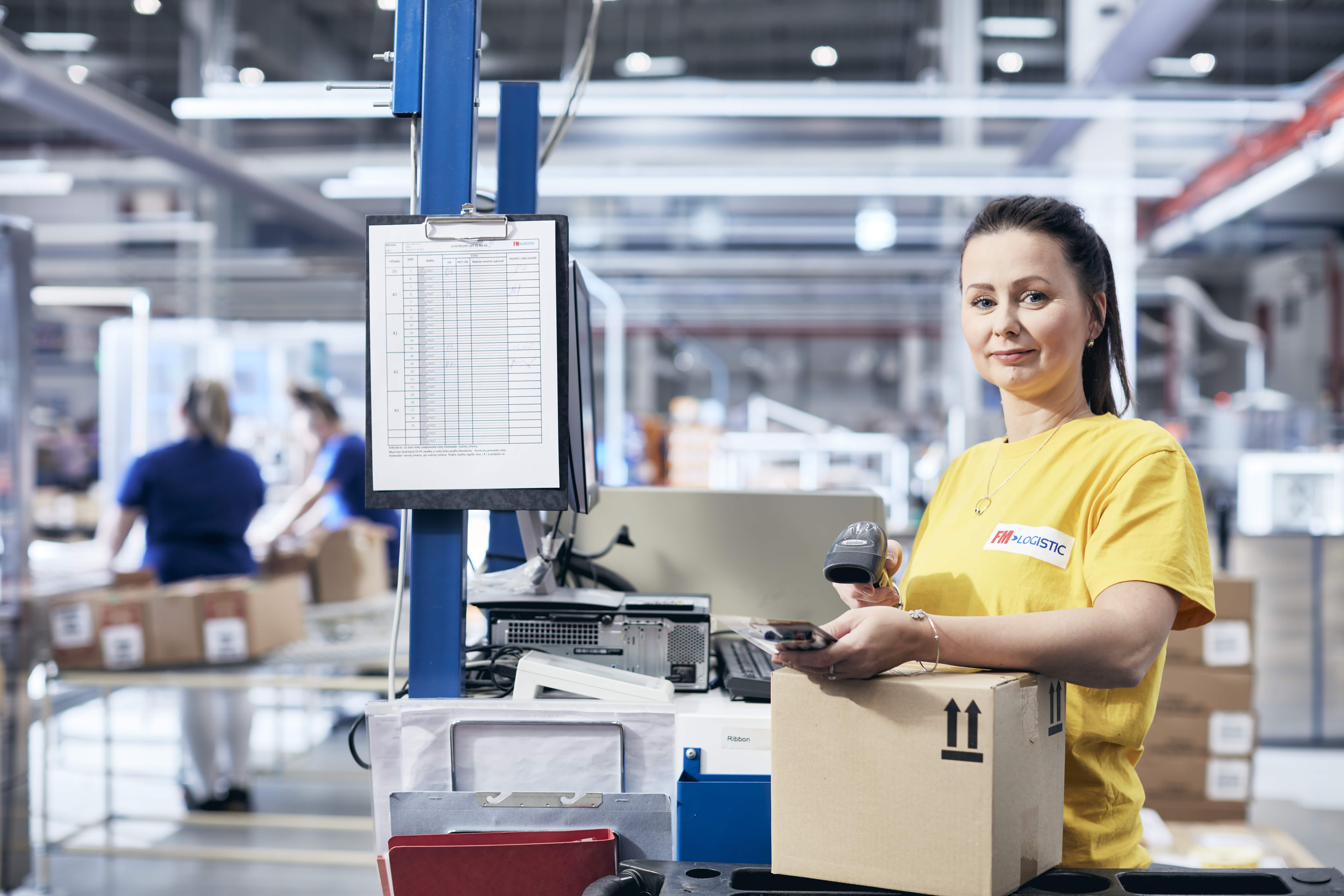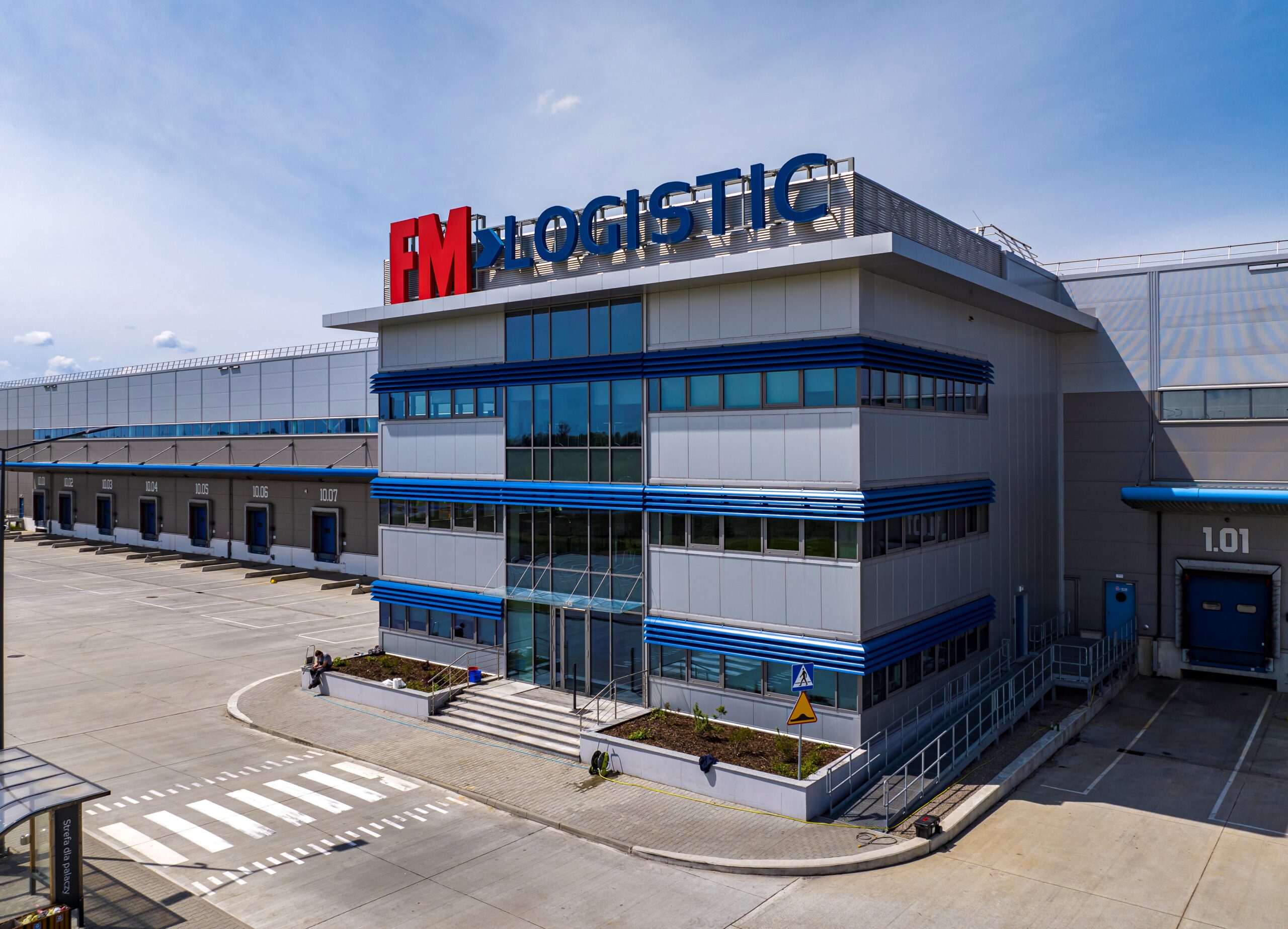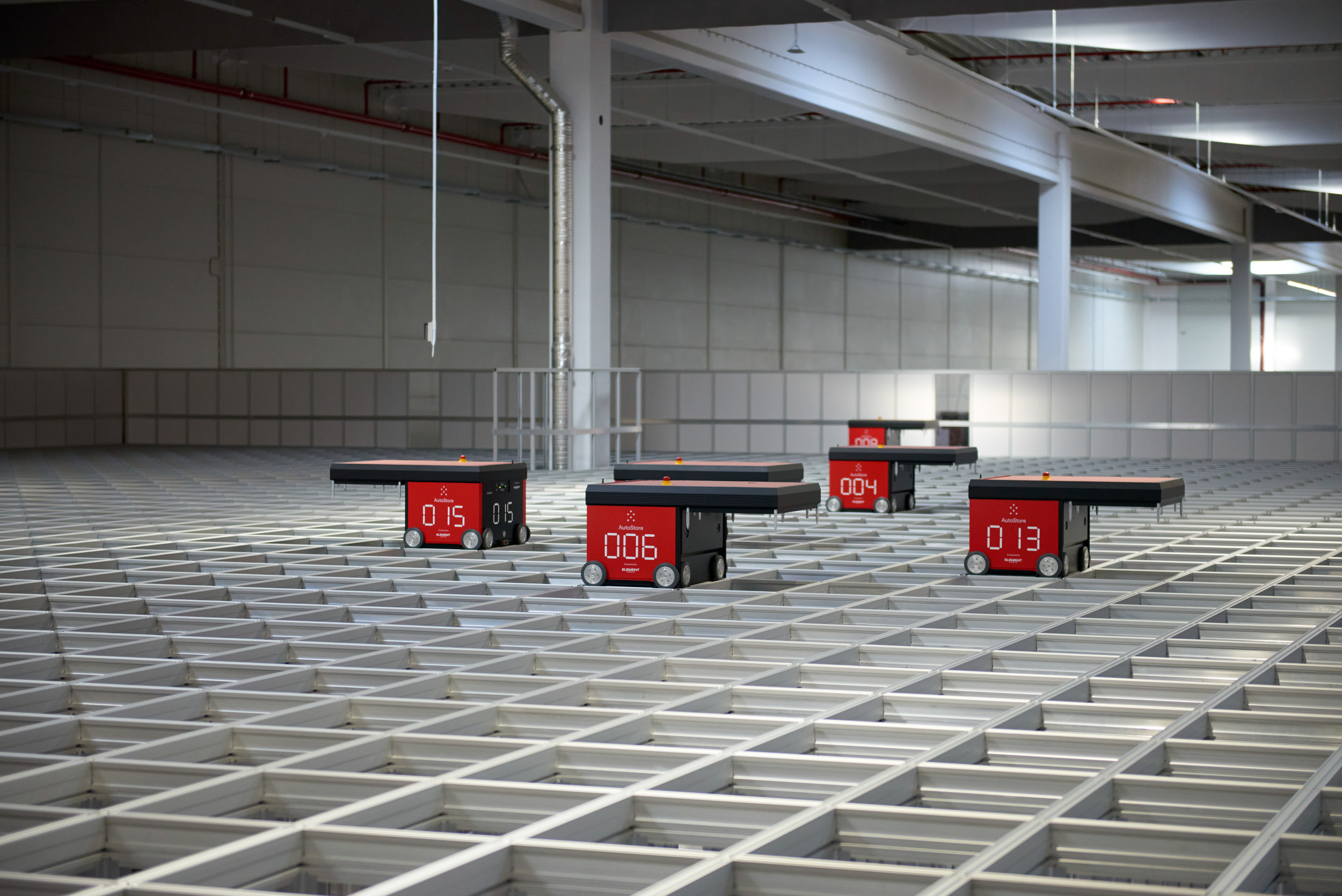Packaging and repackaging products seems like a fairly straightforward process. That said, if a company operates in an industry where demand fluctuates periodically, or if its strategy requires it to boost sales regularly and therefore organise many promotional campaigns, this seemingly ‘simple’ process reveals its more complicated face. Organising the right space, staff, technical equipment and day-to-day dealings with suppliers of components and packaging materials are the biggest challenges manufacturers face. This is where a logistics operator can come to the rescue by offering a co-packing service.
Marketing research continues to explore consumer motivations to buy. There are many determinants of choice, but it is a well-known fact that we buy with our eyes. Packaging is therefore one of the most important elements in increasing the attractiveness of a product and thus boosting sales. The role of packaging and in-store display becomes even more important during occasional peaks in demand, such as Christmas, or market-created occasions such as Black Friday, Mother’s Day or All Saints’ Day. It is at times like this that producers fight hardest for the attention of consumers. Sales increases can be significant, so they need support not only with storage or transport of goods, but also with additional services such as the creation of occasional and promotional kits. This is what co-packing is all about.
What exactly is co-packing?
In short, it is a service that involves picking, preparing and repackaging goods according to the customer’s requirements. FM Logistic has been providing this service in Mszczonów, near Warsaw, for many years. This is the first platform established in Poland under the FM Logistic brand.
As part of the co-packing service, the logistics operator can carry out a variety of activities: labelling with identification materials such as labels, barcodes or stickers; grouping products into bundles, blisters, packs, master cartons; wrapping, sealing, shrink-wrapping; combining products into kits and gift packs; and packaging into store-ready displays and other in-store stands.
A manufacturer or distributor can handle the packaging of goods themselves, but as customers of the platform in Mszczonów find out every day, there are many advantages to entrusting this task to a professional logistics operator.
Freeing up resources pays off
Efficient co-packing requires space, infrastructure and an experienced team with the right skills. “Managing co-packing operations is similar to managing production. It is a process that requires meticulous planning and coordination of multiple activities,” explains Arkadiusz Buczek, Co-packing Processes Director Central Europe, FM Logistic. It is worth outsourcing this task to a logistics operator if the time, technology and human resources required exceed the profitability of carrying out such an operation in-house.
Significant cost reduction is therefore the main advantage of outsourcing packaging. The customer pays for a specific order. This reduces fixed costs. Another important factor is the time saved. More time can be spent on active sales and business development. If the customer uses the storage services of a particular operator at the same time, having all services in one place further minimises lead times and costs.
Outsourcing means flexibility
Co-packing is regularly used by manufacturers for seasonal campaigns and short runs, such as advent calendars for the food and beauty sector, packaging kits for the FMCG sector or the launch of a new product in a mix with existing products. They involve short lead times and the need to get products into stores quickly. Delivery times are tight. After all, who needs Christmas kits in January? This requires a high degree of operational flexibility. Co-packing requires dozens of people willing to work shifts. In the case of large orders involving tens of thousands of units, this requirement is even greater. The logistics operator has a suitable, experienced team of employees and can move them freely between specific tasks.
The FM Logistic platform in Mszczonów is prepared for a wide range of different scenarios. On average, more than 50 production lines are in operation, handling up to 10 million units per year. There are both permanent and seasonal lines that can be adapted to meet even the most unusual orders.
Support at every step
Understanding the impact packaging has on the consumer’s shopping experience, as well as the cost and efficiency of production, FM Logistic supports customers from the planning stage of product launch activities. A team of R&D experts helps to design optimal solutions and processes from scratch or based on the client’s concept.
When creating customised services, we start cooperation with clients at a very early stage of the project. All in order to develop solutions to minimise lead times, guarantee high quality and optimise the process, adds Arkadiusz Buczek
These solutions include the design of packaging, labels and barcodes to facilitate the control of the flow of goods, the picking of different variants of goods into packs or cartons, or the development of displays according to the retail chain’s guidelines. All of this brings tangible benefits to customers and increases their competitive advantage.
Win-win scenario for the manufacturer and the environment
As in every field, the environment is playing an increasingly important role in co-packing as well. Many packaging materials are used throughout the process. FM Logistic has developed special processes to recover and reuse as much waste paper and plastic as possible. In addition, by working with customers at the packaging design stage, the R&D team proposes solutions that meet visual and functional expectations while benefiting both the manufacturer and the environment.
Co-pack provider with experience
The team running the Mszczonów platform carries out warehouse processes and value-added services on a daily basis, providing the hallmark of FM Logistic. Thanks to the know-how developed over the years, it meets the main criteria to be considered when choosing a co-packing partner: flexibility, technology and procedures to facilitate the efficient exchange of information. All of this enables us to respond to dynamic change and deliver the services our customers expect at all times.



